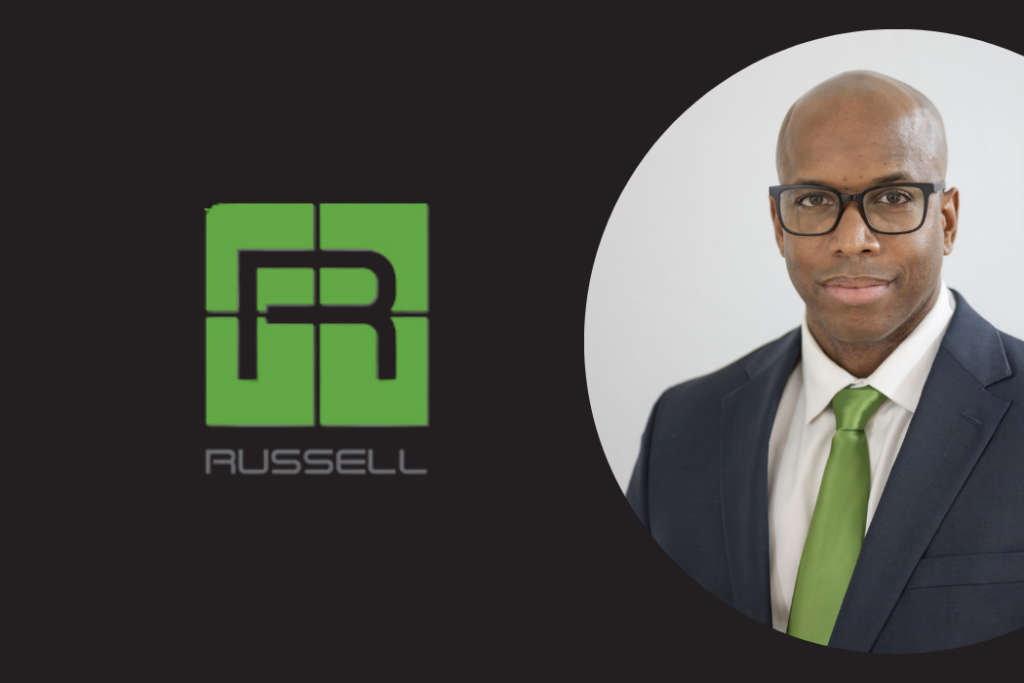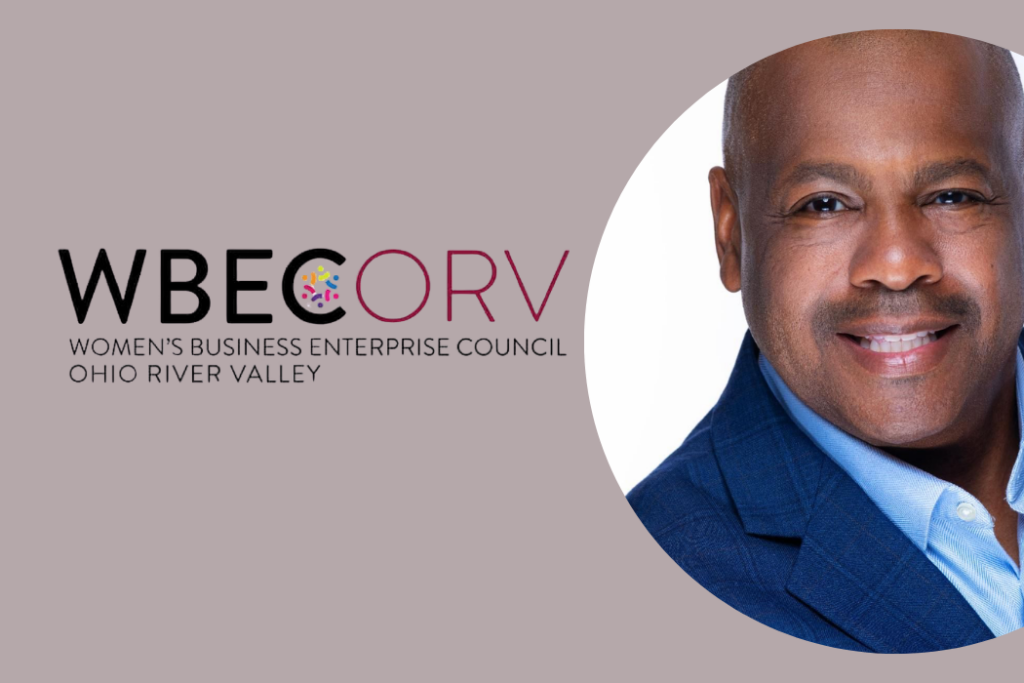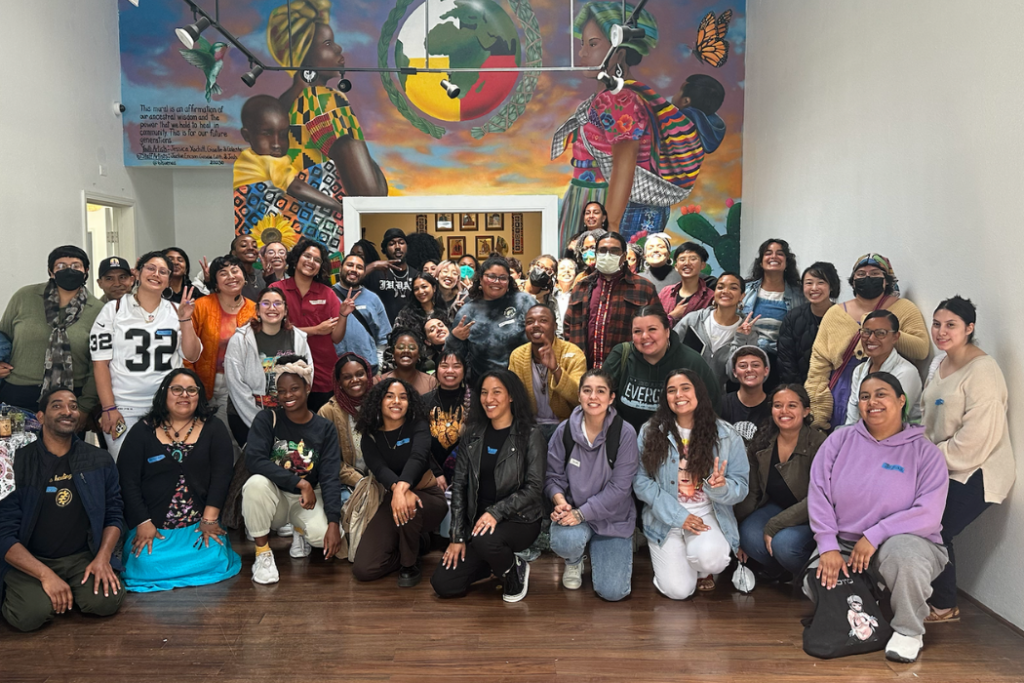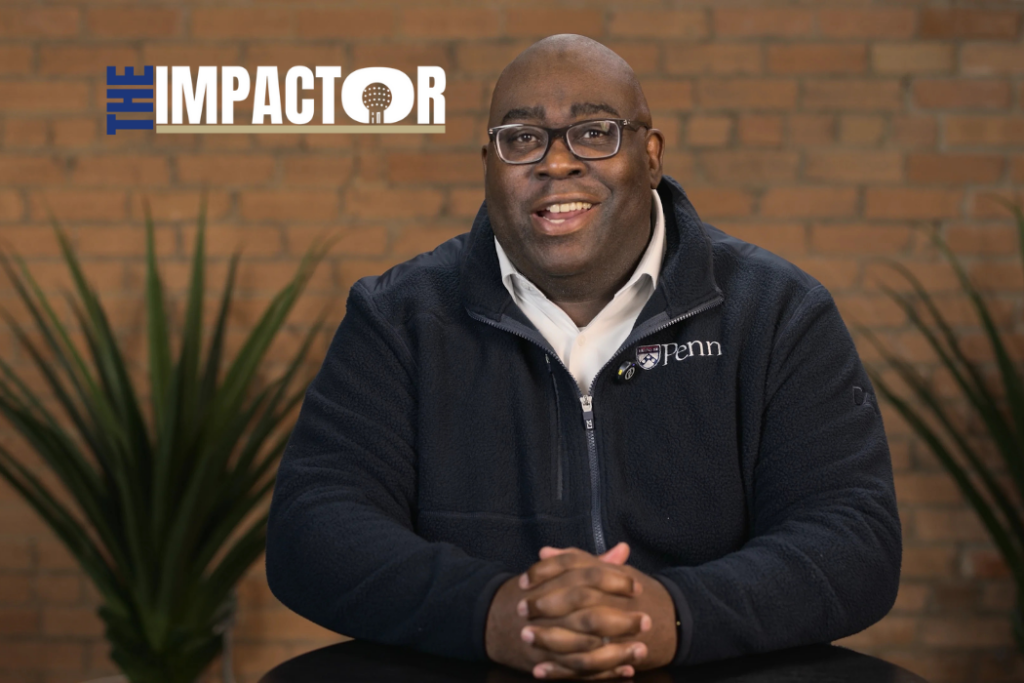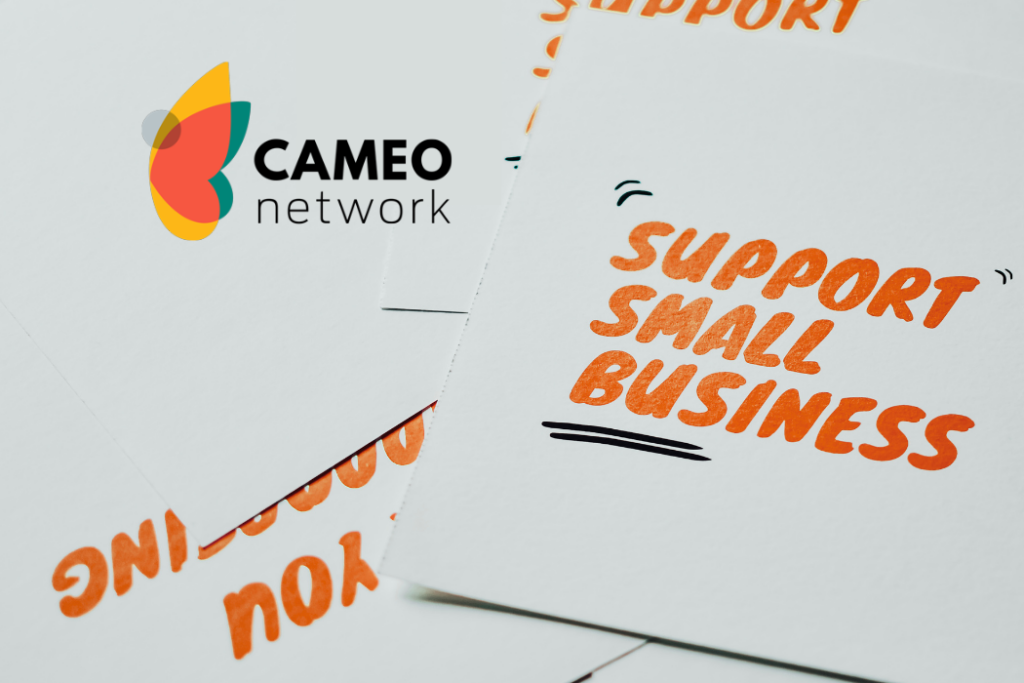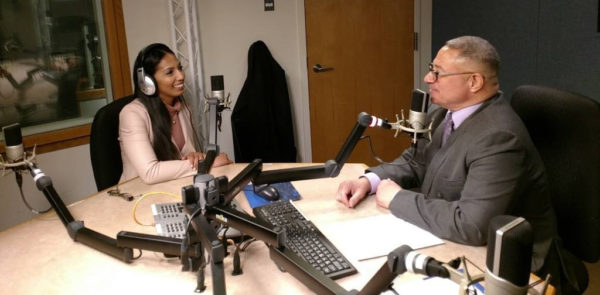
It doesn’t take long to hear the name Carl Brown when you’re talking about small business empowerment in the Washington, D.C., region. I met Brown several years ago through a mutual business acquaintance. A Jamaica, Queens, New York native, now nation’s capital staple, Brown is a powerful force to reckon with. He is executive director of the D.C. Small Business Development Center (DC SBDC) Network, which is housed at Howard University’s School of Business. The DC SBDC is a co-operative economic development program in partnership with the U.S. Small Business Administration and has been hosted by Howard University since 1979. DC SBDC has served tens of thousands of small business owners and aspiring entrepreneurs.
Not only does Brown spearhead the DC SBDC, he also hosts “The Small Business Report,” which runs on Sirius XM Radio Channel 141. Brown and media relations expert Sharrarne Morton, who has also lectured on journalism at Prince Georges Community College for 15 years, bring timely topics for discussion every week. The show highlights small business owners’ success stories, failures, and lessons learned and features subject matter experts that counsel small businesses in the areas of business plan development, financing, marketing, social media, branding, regulatory and safety, and many other topics. Looking to be a guest on their show? Visit them at TheSmallBusinessReport.Biz.
I am highlighting Brown in this issue to showcase the many ways you can collaborate with effective professionals in your network. I’ve partnered with him in several ways. Our first joint effort was during the book launch campaign of my first publication, Seen and Sustained: Best Practices in Communication for Small and Diverse Businesses. In a series of events following the launch, I along with my coauthors asked Brown to emcee Entrepreneurship is the Key to Saving Middle America, a panel event that was hosted by small business giant, Anthony Stewart, CEO of Stewart Financial Services. Following that event, Brown invited me to local radio station, WHUR-FM, to record a pilot episode of hisshow. I then invited him to appear on my video podcast, “ThinkBIG,” which ran on WLVS Radio. Brown also invited me to Howard University’s School of Business to lead a DC SBDC workshop on marketing and branding. And, he was instrumental in me leading several K-12 student groups at Pathways School of Anne Arundel County Public Schoolsthrough a semester-long entrepreneurship program. Whenever I can support Brown’s vision for uplifting business owners in the Washington, D.C. region, I do.

Brown and his team work their magic by helping visionaries pinpoint and work through classic business challenges before launching, and they help businesses, which are already operating find opportunities to scale. To that end, I asked Brown to share some words of wisdom with today’s aspiring and successful business owners.
MBE: What’s the number one thing keeping you busy at DC SBDC in 2019?
Brown: Getting the word out that the DC SBDC is open for business. We are celebrating 40 years and still many people do not know we exist. I plan to change that in 2019 not only with our impact on job creation and bank loan assistance, we will be highlighting the success of the businesses we are working with.
MBE: Where does the DC SBDC begin the conversation with customers who simply have an idea for business but are unable to articulate it?
Brown: We have a process that works. We conduct a SWOT[Strengths, Weakesses, Opportunities, and Threats] analysis on your [idea] and an in-depth interview on what are your pain points. We work [to provide] recommendations and solutions. If we need additional resources, we go out to market and seek experts that can assist with the growth and development of a business. Additionally, we conduct market research on trends, competition, industry leaders, best practices. All of this is FREE!
MBE: What trending issues do you see business owners struggling through in this era?
Brown: Access to capital is still the number one obstacle or biggest need by any business. The second is finding and keeping good employees. And third, they struggle with marketing and branding. We work with them on all three of these issues as well as many other challenges that they are faced with. We constantly remind our clients that they are not alone and that they can, and should, count on us to assist them with their growth and development.
MBE: Is automation impacting any businesses that you’re working with, and if so, what advice do you offer them?
Carl: Automation is affecting all businesses good and bad. Industry has developed a bartender and now on a burger flipper. This will have a negative effect on small businesses that do not have the money to purchase the automated tools. Some fast food restaurants have kiosks where customers order the food and automated robots cook the food, eliminating the human element from that transaction altogether! In contrast, other burger eateries pay cashiers $15.00/hour and pay cooks $15.00/hour, passing those costs onto the customer. Additionally, small businesses will be more liable in the future if their computer systems aren’t cybersecurity compliant and are hacked. Cybersecurity itself will continue to disrupt those who are not aware of and actively reducing their e-commerce and data risks.
MBE: How can chambers and economic development organizations better partner with government to increase the chances of success for small businesses?
Carl: They should support the utilization of small businesses at all levels (federal, state, and local governments and large businesses). This is very important, especially at the federal level because of the bundling and watered down socio-economic targets. They should support contract compliance to ensure that those small businesses that are identified in bids and proposals are actually utilized on contracts! We all know that many times those small businesses are never utilized.
MBE: Do you find that small businesses are not active enough in legislative and policy conversations?
Brown: Unfortunately, I don’t see small businesses at their state capitols, on Capitol Hill or lobbying their local governments. The small business community has a voice and can be very powerful but right now it is the sleeping giant. They need to play a larger role in the policy debate at all levels. Small businesses are the largest employers in this country, but large businesses get all the tax cuts and privileges that would benefit small businesses and the employees that work for them more. Think about this scenario: Instead of a large business getting a tax break where they don’t have to pay any federal tax for 10 years, the policy makers give that tax break to small businesses. Imagine all small businesses not having to pay any federal taxes for 10 years. The impact on communities at-large would be significantly higher, more jobs, higher pay, more services and products available in our neighborhoods as opposed to increasing one person’s wealth alone.
What about you? How are you partnering within your network to create success for your business and to help others achieve their goals? Find me on social media and share your story with me. You may be featured in a future MBE magazine “Master Your Brand” column.
Find out more about the services offered by the DC SBDC. Visit them online at dcsbdc.org. See their upcoming workshops and events and schedule an appointment to discuss your business needs. You don’t have to live in Washington, DC to use their services. Be sure to tell Carl Brown that Akia sent you!


